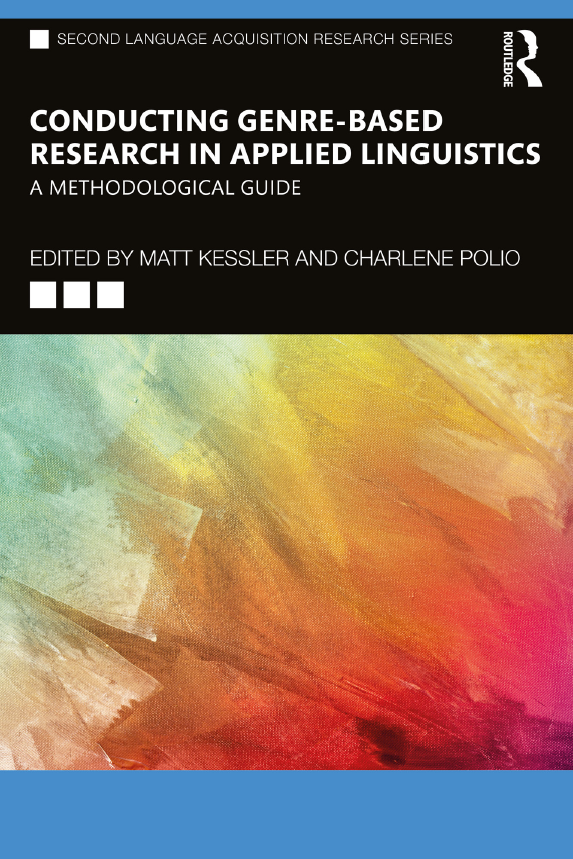

Most ebook files are in PDF format, so you can easily read them using various software such as Foxit Reader or directly on the Google Chrome browser.
Some ebook files are released by publishers in other formats such as .awz, .mobi, .epub, .fb2, etc. You may need to install specific software to read these formats on mobile/PC, such as Calibre.
Please read the tutorial at this link: https://ebookbell.com/faq
We offer FREE conversion to the popular formats you request; however, this may take some time. Therefore, right after payment, please email us, and we will try to provide the service as quickly as possible.
For some exceptional file formats or broken links (if any), please refrain from opening any disputes. Instead, email us first, and we will try to assist within a maximum of 6 hours.
EbookBell Team

5.0
48 reviewsThe volume explores the central approaches, methodologies, analyses, and tools used in conducting genre-based research, extending the traditional focus on a single framework for defining genres by explicating the major approaches that have been invoked in applied linguistics. Chapters address a mix of commonly used methodologies (e.g., case studies, ethnographic approaches), types of analyses (e.g., metadiscourse, rhetorical move-step analysis, multidimensional analysis, lexical bundles and phrase frames, CALF measures, multimodal analysis), and studies that focus on other areas of second language (L2) teaching and learning (e.g., multilingualism, the Teaching and Learning Cycle). Taken together, the volume provides a theoretically and methodologically diverse introduction to foundational topics in genre-related research, supported by detailed discussions of the challenges and practical considerations to take into account when conducting research involving written genres.
This book is a valuable resource for graduate students, faculty, and researchers in applied linguistics, particularly those working in second language acquisition, L2 writing, and genre theory and pedagogy.